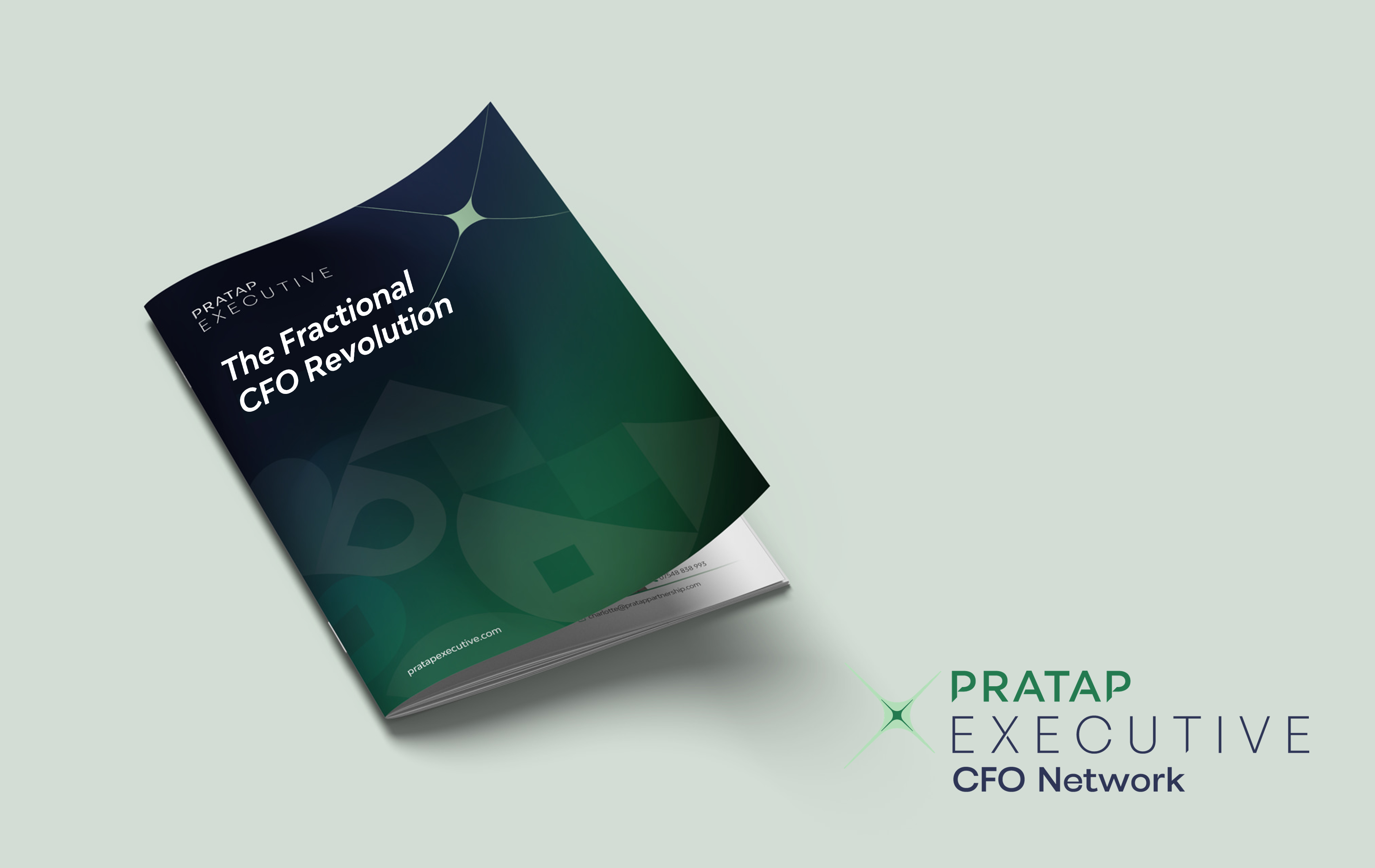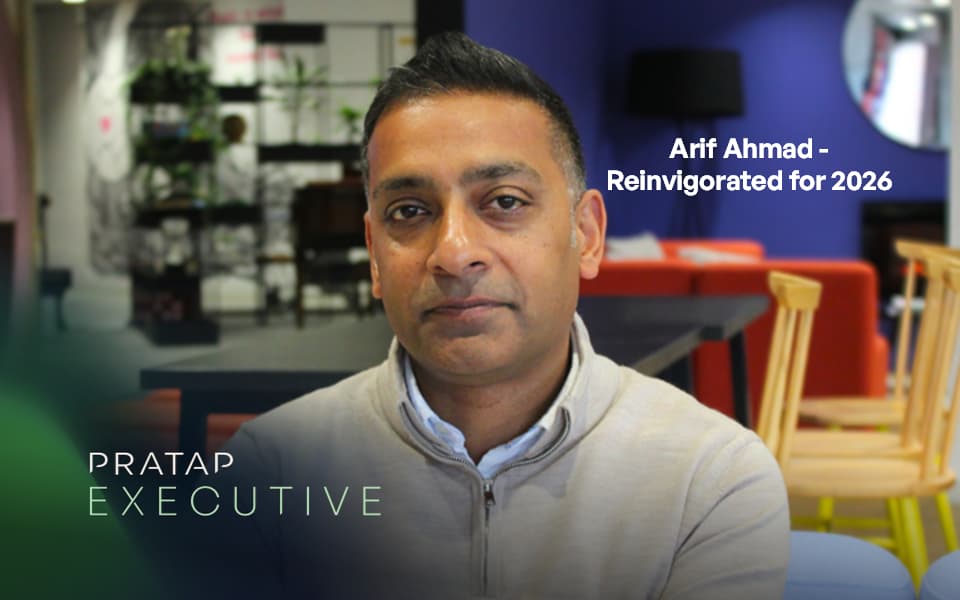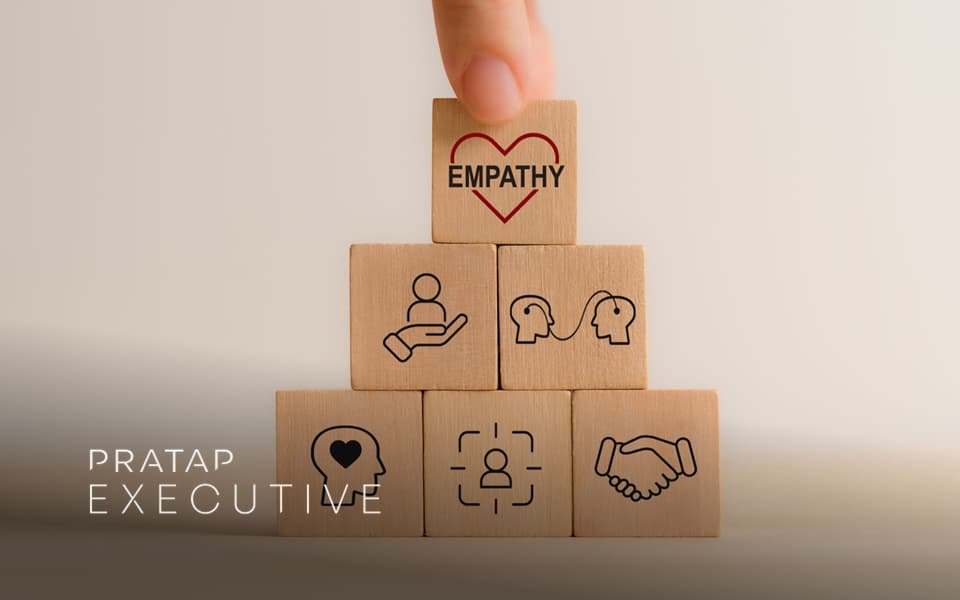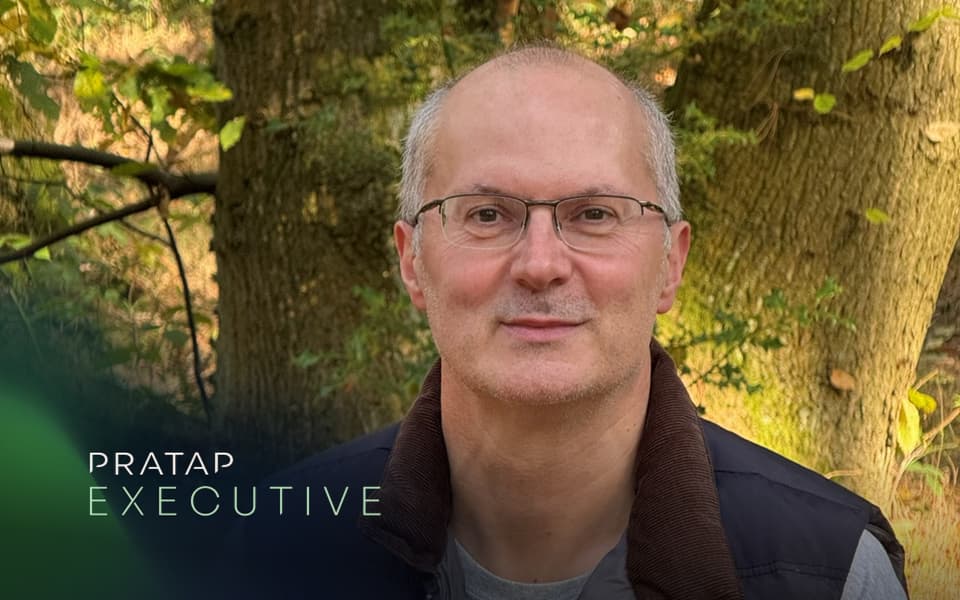How HR Consultancy Empowers EOT Businesses: Insights from Paul Dickinson
Paul Dickinson, HR Consultant and Employee Ownership Trust (EOT) specialist, shares his experience on ways that HR consultancy can specifically support EOT businesses, from cultivating a strong ownership culture to developing customised HR policies that align with the unique EOT structure
How HR Consultancy Empowers EOT Businesses: Insights from Paul Dickinson
Paul Dickinson, HR Consultant and Employee Ownership Trust (EOT) specialist, shares his experience on ways that HR consultancy can specifically support EOT businesses, from cultivating a strong ownership culture to developing customised HR policies that align with the unique EOT structure

We were delighted to spend time with Paul Dickinson, a seasoned HR Consultant and Employee Ownership Trust (EOT) specialist, and a trusted partner with whom we’ve built a strong relationship over the years. After celebrating our EOT anniversary yesterday, we’re particularly eager to hear from experts like Paul, who work extensively with EOT businesses. Learning from others in the EOT space helps us strengthen our own employee-centered approach and ensures we continue to grow in a way that benefits everyone involved.
In this interview, Paul shares his experience on ways that HR consultancy can specifically support EOT businesses, from cultivating a strong ownership culture to developing customised HR policies that align with the unique EOT structure. These questions explore how Paul's approach can bring value to employee-owned businesses by addressing their distinct needs and enhancing the engagement, commitment, and satisfaction of employee-owners:
How can you help foster a strong ownership culture in an EOT business, where employees feel empowered and motivated by their stake in the company?
A big part of this is employees understanding what employee ownership is and how they can benefit. There are financial benefits (in the form of tax-free bonuses if the company performs well) but also greater opportunities to get involved in business improvement and decision making. It’s also helpful if the leadership team can provide insight into the company’s business plans and the short, medium and long and term.
What specific training and development programs can you design or recommend to help employees in an EOT business understand their roles as owners?
All employee-owned businesses have a board of trustees who work on behalf of the employee owners to ensure that the company is being run in their best interests. Most companies have an employee trustee who sits on the board to serve as the ‘voice’ of the team. This a key role and as such, it’s important that the employee trustee understands their role and how to use it productively. The employee ownership association run courses for employee trustees to educate them on their role and best practices.
How can EOT owned businesses implement retention strategies that ensure long-term commitment from key employees, particularly in a business where ownership is shared?
For me, one of the best ways is promoting their employee-owned status, both to existing and potential employees. Many people want to join companies that have values which extend beyond making profits for owners or remote shareholders. Most employee-owned companies have long-term sustainability as a core principle. This means that they can act and make decisions in a way that fosters long-term thinking and sustainable growth.
What steps would you take to prepare the management team for effective governance in an employee-owned business?
Again, this is about understanding how employee-owned companies work and how they make decisions. The creation of a trustee board which sits ‘at the top’ of the company is a new concept for most leaders. Crucially, the trustee board should operate in an oversight capacity, not getting involved in the day to day running of the company. This requires the rules of engagement to be made clear to all i.e. what decisions the trustee board will get involved in, and what they won’t.
What performance management strategies can you implement to ensure that employee-owners remain productive and accountable, especially given their shared ownership?
One of the key tools that employee-owned companies have available to them is tax free bonuses. These are a unique feature of employee-ownership and they can be a powerful aid to performance management. This requires links being made between individual performance and company performance so that employees understand how their individual job links to company profits, and ultimately the amount they receive in bonus.
How would you ensure that the company’s HR policies align with EOT-specific legal and regulatory requirements?
The HR policies will essentially be the same as in non-employee-owned companies. However, employee-ownership creates more opportunities for employees to have a say in the company’s approach to reward and benefits. The employee trustee can also serve as a conduit for employees to feed back issues and concerns to management, on an anonymous basis where appropriate. This can serve as a safety valve and an opportunity for employees to raise contentious issues that they may not be comfortable raising directly with management.
If the company recently transitioned to an EOT, how would you support the HR function in managing this change and educating employees about the implications of the new ownership model?
It’s about understanding how employee ownership can stimulate dialogue through things like employee forums. Educating the workforce about employee ownership is always a helpful first step. Part of this education is explaining why the owners have decided to put the company into employee ownership and what plans they have for remaining with the company in the medium to long term. This can create productive conversations about employee development and succession planning.
Employee flexibility is on the government’s agenda with the “right to switch off” and the 4-day working week. Is this a positive consideration for better productivity?
I would say that it creates an opportunity for a healthy dialogue on this subject. However, one size fits all approaches are rarely helpful when it comes to business. I’m a big advocate of education and information for business leaders, so that they can make informed decisions that work for them and their teams. There is a lot of research out there on 4-day weeks, and it shows that any shift to a shorter week needs to be accompanied by a change to ways of working. This can be a vehicle for creating greater efficiency in a business if it’s done well.
Having worked in a variety of high-pressure, fast-paced, people-driven environments, what strategies do you believe are most effective in building resilient workplace cultures?
I think of business as a team sport. I’ve come across a number of business leaders who are good at assembling a team of talented people, but when it comes to combining these talents to drive business performance, something is lacking. Getting teams to collaborate effectively requires deliberate effort and planning. For me, this is one of the key shifts that founders need to make when growing their team and making the transition from founder to CEO.







.jpg)
.jpg)


